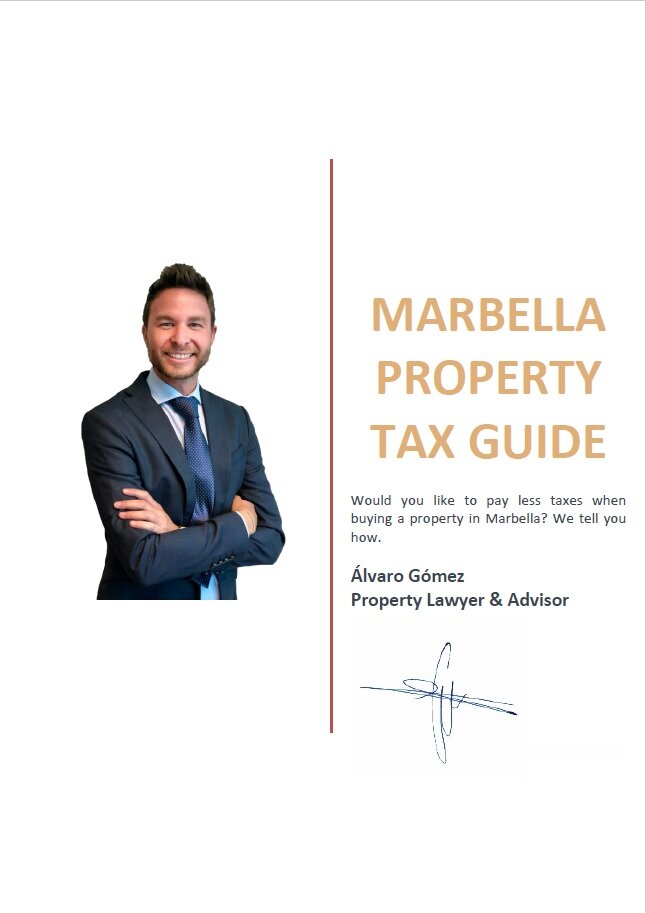Buying and selling a home is the most important investment in the lives of most citizens, so we show you the 12 steps you must follow to carry out this operation successfully. Among the recommendations offered by the General Council of Notaries, you must check if the house has community debts.
- Before signing the public deed of sale of the house, the notaries remember that a private contract is usually drawn up between the buyer and the seller that must consider important issues such as:
1.- Who signs for the selling party : when a promoter sells, the administrator or attorney-in-fact of the company signs. If it is a sale between individuals, all owners must sign, and if it is a community or family home, both spouses.
2.- State of housing charges: it is essential to check if the home is free of charges, if it has a mortgage, if there are liens on it, or if there is any limitation in the statutes of the community of owners. You can request a simple informative note directly from the property registry or do it through a notary's office. Sometimes you have to ask the town hall for a certificate of urban legality in case there is some kind of affectation that does not appear in the property registry.
3.- Fees of the community of owners: before the purchase make sure that the house is up to date with payments and expenses, since in certain cases the law requires the buyer to take charge of them.
4.- Price: the price and the form of payment must be clearly determined. Do not accept the setting of a lower price than the real one or pay amounts that are not documented. This is against the law and can harm you.
5.- Deposit: when the private contract is signed, an amount is usually given as part of the payment of the total price or "signal" - known as a deposit - that binds both parties. The most common are the penitential ones, which allow you to disengage from the contract before signing the deed. If it is the buyer who cancels the agreement, you will lose the amount delivered, while if the seller does, he will have to return double the amount received.
6.- Purchase and sale expenses: if the parties do not agree to anything, or if they indicate in the contract that it is "according to law", the legislation of Andalucia will be applied. However, in the private document it is usually agreed who bears the expenses, including that all are paid by the buyer, except the capital gain tax (Plusvalía) that by law corresponds to the seller. If a developer sells, the buyer is prohibited from assuming expenses that by law must be paid by the seller.
- The public deed of the home sale is not mandatory, unless a mortgage is contracted, but the vast majority of citizens choose to go to the notary to do it for their legal security.
7.- The public deed is reliable: the grantors of a sale declare before a notary their willingness to buy and sell and the conditions of the sale. The notary, public official, attests or authenticity to these statements in the deed so that neither party may deny to the other what they have stated. The public deed is privileged evidence before the courts.
8.- The public deed provides legal security : the notary is not limited to attesting. His professional performance provides legal certainty by verifying and verifying that the aspects included in the private document comply with the law.
9.- In the act of signing the public deed, the notary , among other things, 1) verifies the identity, capacity and legitimacy of the seller and buyer; 2) it exposes the state of loads that weigh on the house; 3) confirm payment of community fees, or 4) request proof of payment of real estate tax (IBI).
10.- Energy certificate: it is also an essential requirement to present the energy certificate at the signing of the deeds before a notary public. If not, the notary would not approve the operation.
- Among the steps to take once the deed of sale has been signed are:
11.- The payment of taxes and registration in the Property Registry: if you are going to carry out these procedures in person, check with the notary public the deadlines in order to avoid penalties or loss of rights. You can also choose to entrust its processing to the notary, who will proceed to send to the property registry an authorized electronic copy of the deed for registration. Subsequently, you will be given an authorized copy of the deed on official paper with all the supporting documents and invoices.
12.- Supplies: do not forget to change the ownership contract supplies that affects the new home.
13.- Documentation and invoices: keep all documents, supporting documents, guarantees and original invoices regarding the acquisition.
For further help or information on how to buy real estate in Marbella, you may call us at (+34) 603 879 076 or e-mail at contact@gomezalvaro.com


